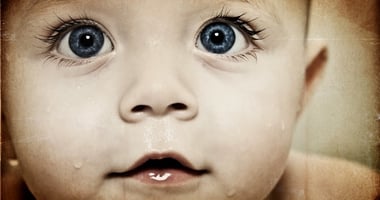Small Study Suggests Some Patients With Autism Can Recover
 |
In the study, a team led by Deborah Fein of the University of Connecticut recruited 34 people aged 8 to 21 who had been diagnosed before age 5 and no longer had symptoms. This “optimal outcome” (OO) group was compared with an age- and sex-matched group of high functioning autism (HFA) patients and a “typical development” (TD) group without autism. They found that the OO group and TD groups did not differ on mean scores of socialization, communication, face recognition, or most language subscales.
"This is an interesting and helpful report.," child and adolescent psychiatrist David Fassler, M.D., told Psychiatric News. "The authors describe a small subset of people initially diagnosed with autism who appear to `recover', over time, at least with respect to cognitive and social functioning. As the study involved a relatively small number of subjects from a limited geographic area, it should be interpreted with caution. It should also be stressed that while such significant improvement can and does occur, it's a relatively rare event. Hopefully, future studies will replicate the current findings and help us better understand this intriguing phenomenon."
The study is posted here. For more information about autism, see Psychiatric News here.
(Image: Cheryl Casey/shutterstock.com)





